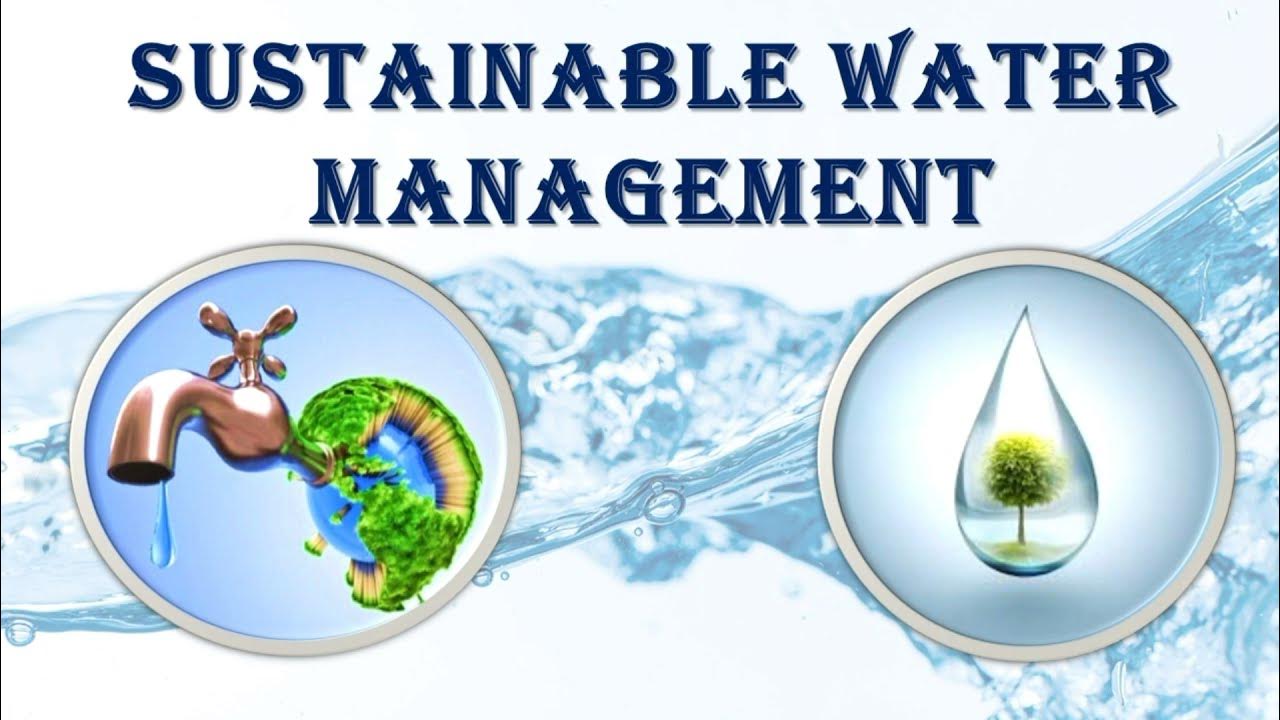
What Are the Benefits of Sustainable Water Management in Industrial Facility Design?
In an era where sustainability is of utmost importance, industries in India are increasingly recognizing the significance of sustainable water management in their facility design.
Water is a precious resource, and responsible water management not only ensures the availability of this vital element but also contributes to environmental conservation and operational efficiency.
In this article, we will explore the essential aspects of sustainable water management in industrial facility design, shedding light on how businesses can embrace eco-friendly practices while enhancing their operations.
The Importance of Sustainable Water Management
Before we explore the strategies for sustainable water management, it’s crucial to understand why it holds such significance in industrial facility design in India.
1. Resource Conservation: Sustainable water management minimizes wastage and helps conserve this finite resource, ensuring its availability for future generations.
2. Regulatory Compliance: With environmental regulations becoming stricter, industries that implement sustainable water practices are better positioned to meet compliance requirements.
3. Operational Efficiency: Efficient water management can result in significant cost savings through reduced water consumption and lower energy costs for water treatment.
4. Environmental Responsibility: Sustainable water practices contribute to reducing the environmental impact of industrial activities, including the preservation of aquatic ecosystems.
Strategies for Sustainable Water Management in Industrial Facility Design
1. Rainwater Harvesting: Capturing rainwater is a fundamental step in sustainable water management. Industries can install rainwater harvesting systems to collect and store rainwater for non-potable uses such as landscape irrigation, cooling systems, and even for processes that don’t require potable water.
2. Water Recycling and Reuse: Implementing water recycling and reuse systems can significantly reduce freshwater consumption. Industries can treat and reuse wastewater for various purposes, including industrial processes and cooling.
3. Efficient Fixtures and Technologies: Installing water-efficient fixtures and equipment, such as low-flow faucets and water-saving appliances, can drastically reduce water usage within the facility.
4. Green Infrastructure: Incorporating green infrastructure elements like vegetated swales and permeable pavement can help manage stormwater runoff and reduce the burden on municipal water supplies.
5. Water Audits and Monitoring: Regular water audits and monitoring systems can help industries identify areas of inefficiency and track their progress toward sustainable water management goals.
6. Employee Awareness and Training: Employees play a crucial role in water conservation efforts. Raising awareness and providing training can lead to better water-saving practices.
Implement Sustainable Water Management with VMS
Sustainable water management is no longer a choice but a necessity for industrial facilities in India. Embracing these eco-friendly practices not only aligns with regulatory requirements but also promotes operational efficiency and environmental responsibility.
By integrating these strategies into facility design, industries can secure their water supply, reduce costs, and contribute to a sustainable future.
For expert guidance on implementing sustainable water management practices in your industrial facility design, contact VMS Consultants. Based in Ahmedabad, Gujarat, VMS Consultants offers Engineering Architecture & Project Management Services to various industrial segments across India and internationally.
Contact VMS Consultants today to explore how sustainable water management can be seamlessly integrated into your industrial facility design, helping you meet environmental goals while optimizing your operations.





